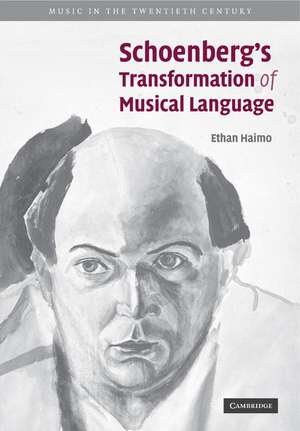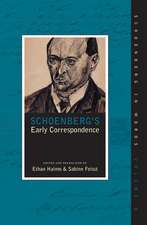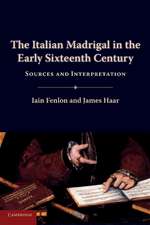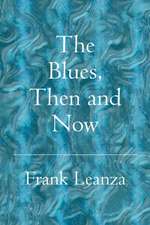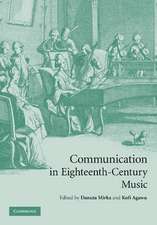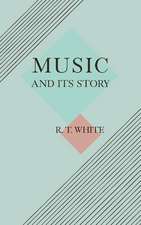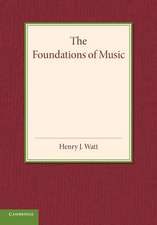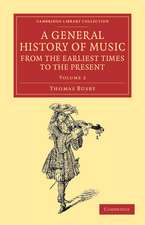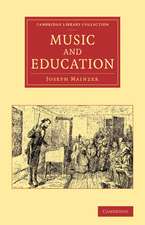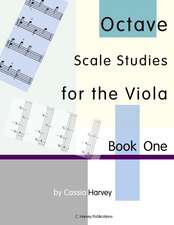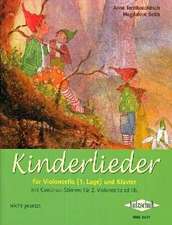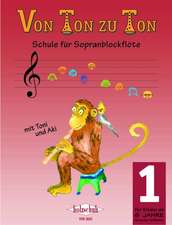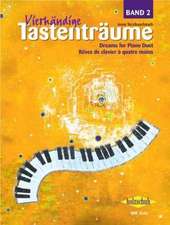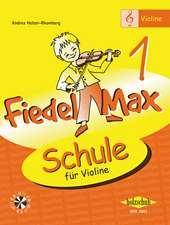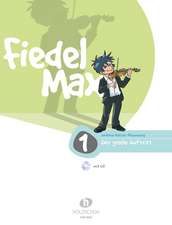Schoenberg's Transformation of Musical Language: Music in the Twentieth Century, cartea 22
Autor Ethan Haimoen Limba Engleză Paperback – 4 noi 2009
| Toate formatele și edițiile | Preț | Express |
|---|---|---|
| Paperback (1) | 348.61 lei 6-8 săpt. | |
| Cambridge University Press – 4 noi 2009 | 348.61 lei 6-8 săpt. | |
| Hardback (1) | 490.22 lei 6-8 săpt. | |
| Cambridge University Press – 8 noi 2006 | 490.22 lei 6-8 săpt. |
Din seria Music in the Twentieth Century
-
 Preț: 161.64 lei
Preț: 161.64 lei -
 Preț: 232.88 lei
Preț: 232.88 lei -
 Preț: 190.88 lei
Preț: 190.88 lei -
 Preț: 192.24 lei
Preț: 192.24 lei -
 Preț: 161.04 lei
Preț: 161.04 lei -
 Preț: 248.90 lei
Preț: 248.90 lei -
 Preț: 286.51 lei
Preț: 286.51 lei -
 Preț: 353.83 lei
Preț: 353.83 lei -
 Preț: 336.48 lei
Preț: 336.48 lei -
 Preț: 445.47 lei
Preț: 445.47 lei -
 Preț: 330.31 lei
Preț: 330.31 lei -
 Preț: 441.28 lei
Preț: 441.28 lei -
 Preț: 244.49 lei
Preț: 244.49 lei -
 Preț: 342.58 lei
Preț: 342.58 lei -
 Preț: 446.85 lei
Preț: 446.85 lei -
 Preț: 282.75 lei
Preț: 282.75 lei -
 Preț: 293.34 lei
Preț: 293.34 lei -
 Preț: 319.23 lei
Preț: 319.23 lei -
 Preț: 295.46 lei
Preț: 295.46 lei -
 Preț: 403.16 lei
Preț: 403.16 lei -
 Preț: 393.32 lei
Preț: 393.32 lei -
 Preț: 227.12 lei
Preț: 227.12 lei -
 Preț: 396.41 lei
Preț: 396.41 lei -
 Preț: 228.08 lei
Preț: 228.08 lei -
 Preț: 208.30 lei
Preț: 208.30 lei
Preț: 348.61 lei
Nou
Puncte Express: 523
Preț estimativ în valută:
66.71€ • 69.26$ • 55.63£
66.71€ • 69.26$ • 55.63£
Carte tipărită la comandă
Livrare economică 22 martie-05 aprilie
Preluare comenzi: 021 569.72.76
Specificații
ISBN-13: 9780521122740
ISBN-10: 0521122740
Pagini: 444
Dimensiuni: 170 x 244 x 23 mm
Greutate: 0.7 kg
Editura: Cambridge University Press
Colecția Cambridge University Press
Seria Music in the Twentieth Century
Locul publicării:Cambridge, United Kingdom
ISBN-10: 0521122740
Pagini: 444
Dimensiuni: 170 x 244 x 23 mm
Greutate: 0.7 kg
Editura: Cambridge University Press
Colecția Cambridge University Press
Seria Music in the Twentieth Century
Locul publicării:Cambridge, United Kingdom
Cuprins
Preface; 1. 'Atonality': a revisionist thesis; 2. 'Based on tradition': Four Songs, Op. 2, 1899; 3. The principle of incremental innovation: Verklärte Nacht, 1899; 4. Conservative song-cycle, progressive cantata: Gurrelieder, 1900–1911; 5. Programmatic music and its implications: Pelleas und Melisande Op. 5, 1902–3; 6. Consolidation: Songs, Op. 3, 1903–4; 7. Abstract form, secret program: String Quartet, Op. 7, 1904–5; 8. Referencial centres? Lieder and Fragments, Fall 1905; 9. Absolute music and its consequences: Chamber Symphony, Op. 9, 1905–6; 10. Crisis: Friede auf Erden, Op. 13, Ballades, Op. 12, and the reception of Shoenberg's music, August 1906–July 1907; 11. Motivic economy: String Quartet No. 2, Op. 10, movements one and two, March–December 1907; 12. 'Until then I lacked the strength and confidence': Two Songs, Op. 14, December 1907–March 1908; 13. Beyond triads: the first layer of Das Buch der hängenden Gärten, Op. 15, March–April 1908; 14. 'On revient toujours?' Returning to Opp. 10 and 15, June 1908–February 1909; 15. The analysis of Schoenberg's post–1908 music: Pieces for piano, Op. 11, nos. 1 and 2, February 1909; 16. 'Intoxicated by the enthusiasm': Five Orchestral Pieces, Op. 16; Piece for Piano, Op. 11, No. 3, May–August 1909; 17. The birth (and death) of new music: August 1909 and beyond; Bibliography.
Recenzii
'… impressive book … Haimo argues his case compellingly.' Alfred Cramer, Journal of the American Musicological Society
Descriere
A study of the innovative music of the twentieth-century composer, Arnold Schoenberg.
